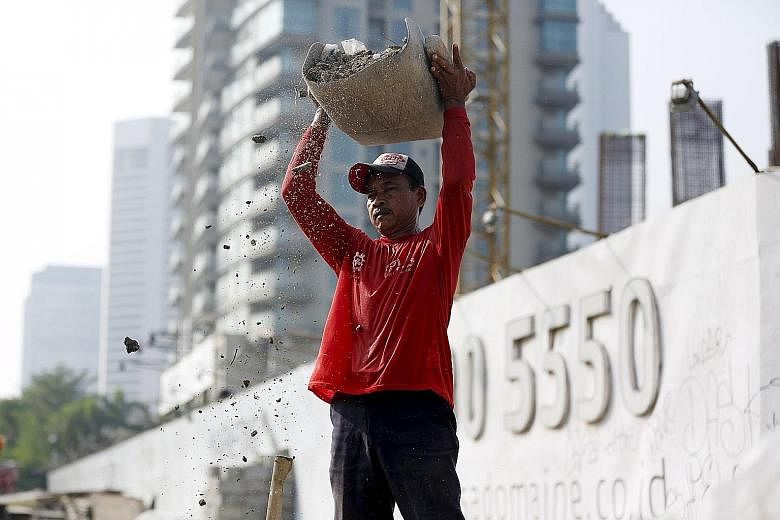Regulatory hurdles remain a key challenge for Singapore businesses seeking to expand overseas, despite moves to create an integrated economic community across the region by the end of this year.
The issues typically range from skewed labour laws and capital and goods controls to simply inconsistent rules and regulations, say legal experts and business advisers.
Indonesia has one of the more complex legal environments, and firms could find doing business in Asean's largest economy quite hard, said Mr Paul Ng, a partner at law firm Rajah & Tann Singapore.
He noted that Indonesia's labour law is pro-employee, so dismissing staff, even one at fault, is tough.
"The employee could simply disagree with the grounds provided, and the employer would have to seek mandatory mediation. If unsuccessful, this could lead to a long and costly adjudication."
He said there was also a perception that laws or regulations were being enacted without full consideration of their potential effect on business. An example would be the central bank's move to introduce regulations to mandate the use of the rupiah for most transactions, in a bid to stabilise the economy.
Mandatory use of the rupiah came into effect on July 1 - a concern for foreign businesses that peg transaction values to other currencies. The move highlights deep-seated issues affecting plans to form a truly open single market across Asean.
Efforts to remove tariffs have yielded results - in 2010, barriers came down for goods traded between the six Asean founding members, which include Singapore, Indonesia and Malaysia - but non-tariff and regulatory hurdles remain, largely because of the diverse political and economic settings.
As Minister for Foreign Affairs and Law K. Shanmugam told the Singaporean-German Chamber of Industry and Commerce earlier this month, when referring to challenges faced by the Asean Economic Community (AEC): "In Singapore, things work; they don't work in the same way as in other places. We don't think they are going to change overnight."
But he still sees tremendous potential in what AEC could bring to businesses: "Economically, there is a lot of sense in looking at it as one centre of production. Capital can be raised in Singapore, production can take place elsewhere - ease of movement of goods, services. That makes a lot of logic and sense."
Rajah & Tann, which offers corporate and financial legal services in eight Asean countries, has seen first-hand how bumpy the road can be for businesses planning to go regional. But viewing AEC's market potential as a false hope would be incorrect, said Mr Chia Kim Huat, the firm's regional head for corporate and transactional practice.
"You could say that 2015 is too aggressive a deadline for creating a single market, but it's really a case of the glass being half-empty or half-full. The progress made so far is unmistakable.
"And with China and Japan committing huge funds to develop infrastructure here, growth in this region is going to come thick and fast.
"Rather than waiting for the regulatory framework to be fully harmonised, businesses might want to get the professional help needed and prepare to tap the opportunities."
Stone Forest, the business support unit of regional accounting and advisory firm RSM Chio Lim, also urges local businesses to brave Asean's expanded frontiers.
"Rather than focusing on the difficulties, we should celebrate the diversity and success stories - many of which were written by our own companies," said Stone Forest executive director Tay Woon Teck.
Even the less successful ventures offer a positive message, he said, citing Raffles Education's attempt to bring Vietnamese students here to finish their courses after its local operations were shut down by the government in 2012 as part of a wider crackdown on foreign institutions.
"That's the Singapore brand - we don't just give up and go home. Instead, we adapt," he pointed out.
"If we don't venture out, we'll be stuck in a small market while our rivals seize the opportunities."


